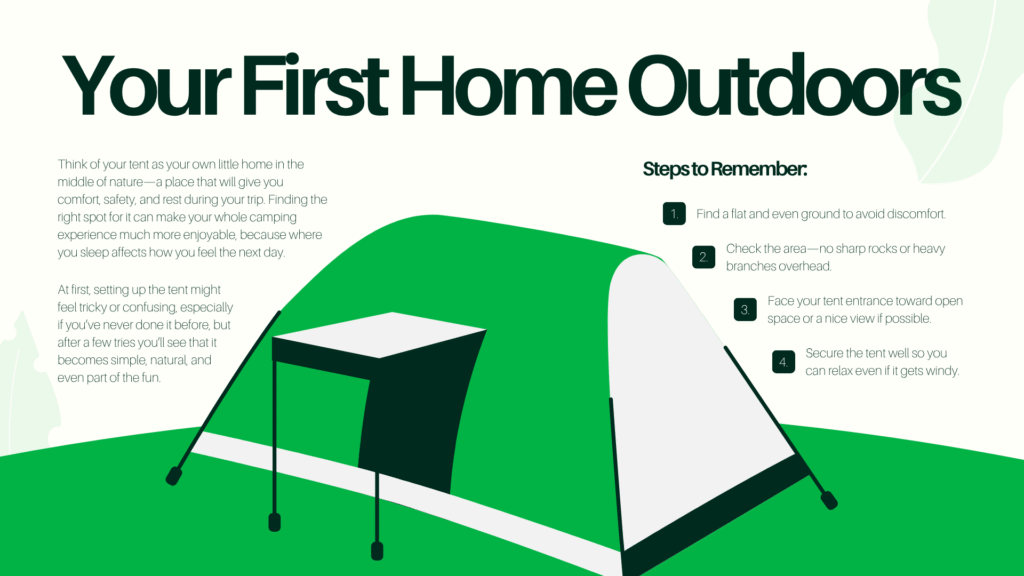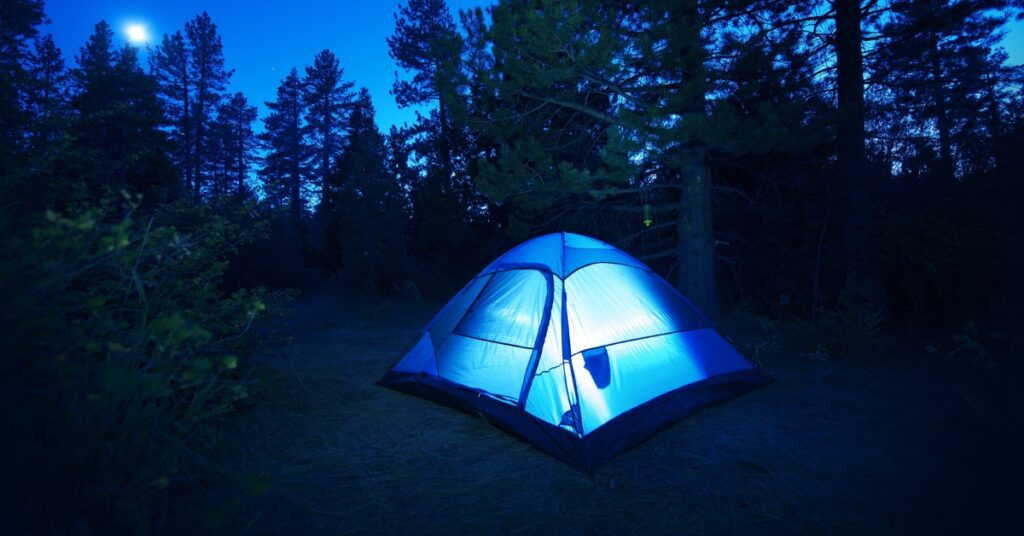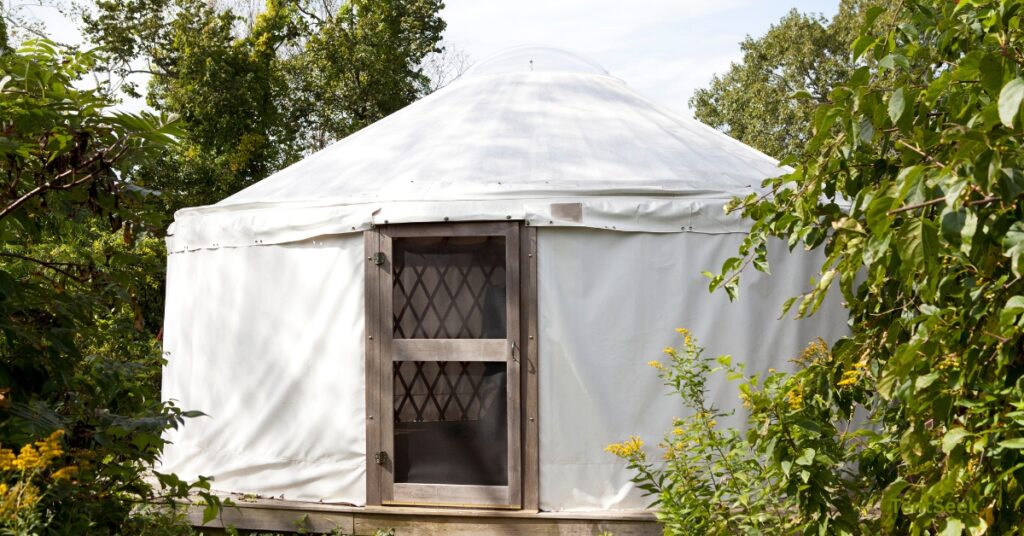
Camping is one of the oldest and simplest recreational activities in the world, yet its appeal has never faded. From ancient nomads who lived close to nature to modern families setting up tents at national parks, camping has always been about stepping away from the hustle of everyday life and reconnecting with something essential: peace, nature, and human bonds. In today’s fast-paced, technology-driven world, more people than ever are drawn to camping for its mix of adventure, relaxation, and personal growth.
Below, we’ll explore the many reasons why people love camping, ranging from the natural beauty of the outdoors to the deep sense of freedom and belonging it brings.
1. Reconnecting With Nature
One of the most obvious reasons people love camping is the chance to immerse themselves in nature. In the city, surrounded by concrete and traffic, it’s easy to forget how beautiful and calming the natural world can be. Camping gives people the opportunity to:
- Wake up to the sound of birds instead of alarms.
- See the stars at night, away from city lights.
- Breathe fresh, unpolluted air.
- Enjoy rivers, lakes, mountains, and forests up close.
This connection with the natural world is more than just pleasant; studies show that spending time outdoors reduces stress, lowers blood pressure, and improves mental health. Nature has a way of resetting the mind and reminding us of life’s simplicity.
2. Escape From Technology
In the digital age, many people feel overwhelmed by constant notifications, social media, and emails. Camping is one of the few activities where people intentionally leave behind their phones, computers, and televisions. Being away from screens allows campers to:
- Live in the moment.
- Pay attention to real conversations with family and friends.
- Enjoy silence without distraction.
- Reset their minds for improved focus and creativity later.
This digital detox is one of the most refreshing aspects of camping. Even children, who are often glued to devices, discover new joys in outdoor play when camping.
3. Strengthening Relationships
Camping has a way of bringing people closer together. Without outside distractions, families and friends spend quality time cooking meals, setting up tents, hiking, and sharing stories around a campfire. These shared experiences often create lasting memories.
For couples, camping can be romantic: watching sunsets together, stargazing, or simply enjoying peace without interruptions. For parents, camping is a chance to bond with their children in a meaningful way—teaching them skills like fishing, fire-building, or identifying constellations. For groups of friends, it’s an adventure that builds trust and teamwork.
4. Adventure and Exploration
Camping appeals to the human love of adventure. Every trip brings something new:
- Exploring hidden trails.
- Discovering waterfalls or caves.
- Spotting wildlife.
- Navigating with maps instead of GPS.
Even small challenges—like cooking over a fire or figuring out how to pitch a tent—add a sense of excitement and accomplishment. Unlike a predictable day at home, camping is filled with surprises and discoveries that satisfy our innate curiosity.
5. Affordable and Accessible
Another reason people love camping is its affordability. Unlike vacations that require expensive hotels, plane tickets, or amusement park passes, camping is often low-cost. All you need is basic gear, food, and a location—sometimes even just a backyard.
Many families turn to camping as a budget-friendly way to enjoy vacations. National parks, state forests, and community campgrounds offer affordable or even free spots. The simplicity of camping makes it accessible to people from all walks of life.
6. Physical Health Benefits
Camping naturally encourages physical activity. Whether it’s hiking, swimming, biking, kayaking, or simply gathering firewood, campers are usually more active than during their daily routines. This increased movement:
- Improves cardiovascular health.
- Builds strength and stamina.
- Helps with weight management.
- Boosts overall energy levels.
Even light exercise in fresh air has positive effects on mood and sleep quality. Many campers report that they sleep better outdoors, lulled by natural sounds and free from artificial lights.
7. Mental Peace and Mindfulness
The slow pace of camping encourages mindfulness—the practice of being fully present. Activities like watching a fire crackle, listening to a river, or stargazing help people slow down and notice the beauty around them.
Camping also helps people practice gratitude. Without modern conveniences, campers learn to appreciate small things: a warm blanket, a hot meal, or even a clear sky after rain. This shift in perspective often brings peace of mind that carries over into daily life.
8. Learning Survival and Life Skills
For many, camping is an opportunity to learn practical skills that aren’t needed in modern daily routines. These include:
- Building a fire.
- Cooking outdoors.
- Reading maps and compasses.
- First aid in the wild.
- Fishing, hunting, or foraging.
Learning and practicing these skills not only feels rewarding but also builds confidence. Knowing you can take care of yourself in nature fosters independence and resilience.
9. A Sense of Freedom
Camping strips life down to the basics: food, shelter, companionship, and nature. Without the weight of schedules, deadlines, and modern worries, many people feel a liberating sense of freedom. You can wake up when the sun rises, eat when you’re hungry, and plan your day however you wish.
This return to simplicity is deeply satisfying. It reminds people of childhood, when life was more playful and less structured. In many ways, camping is about reclaiming that freedom.
10. Tradition and Nostalgia
Camping is often tied to family traditions and nostalgic memories. Many adults who loved camping as children now take their own kids on trips, passing down rituals like making s’mores or telling ghost stories. These traditions strengthen family identity and provide continuity across generations.
The nostalgia factor is powerful—sleeping under the stars often reminds people of their first camping trip, their first hike, or time spent with loved ones who may no longer be present. It becomes more than an activity; it’s a connection to personal history.
11. Environmental Appreciation
Camping often fosters a deeper respect for the environment. When people see firsthand how beautiful and fragile nature is, they become more conscious of protecting it. This might lead to:
- Picking up litter.
- Recycling and reducing waste.
- Supporting conservation efforts.
- Teaching children about environmental responsibility.
For many, camping transforms from recreation into a way of living in harmony with the planet.
12. Spiritual and Emotional Renewal
Finally, many people love camping for the spiritual renewal it provides. Being in nature often feels sacred, offering moments of awe and reflection. Whether it’s praying under the stars, meditating by a lake, or simply feeling connected to something greater than oneself, camping gives space for inner renewal.
This spiritual aspect transcends religion or culture—it’s a universal human experience to feel small under the vast sky yet deeply connected to life around us.
Conclusion
People love camping because it satisfies so many human needs at once: adventure, rest, connection, freedom, and growth. It’s an escape from stress, a return to simplicity, and a reminder of the beauty and balance of the natural world. Whether enjoyed alone for reflection, with family for bonding, or with friends for fun, camping remains timeless because it touches something deep within the human spirit.
In an age where technology dominates and schedules are packed, camping offers something priceless: the chance to slow down, breathe deeply, and remember what truly matters. That’s why, no matter how much the world changes, people will always love camping.
This post contains affiliate links.




